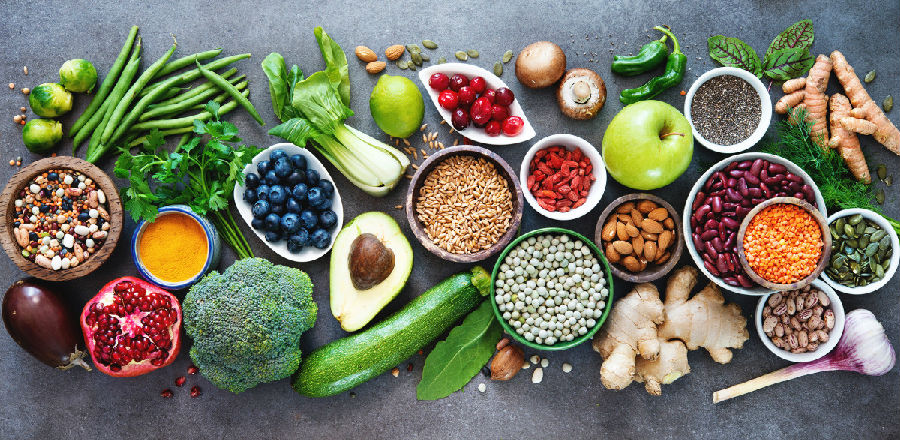It goes without saying that we want to be safe.
我们想要安全自然是不用说的。
We know how to make ourselves safer.
我们也知道怎样更安全。
But wanting and knowing are not enough.
问题是,光想和知道是不够的。
These are not my or anyone's opinions, despite a tendency to publish this information in opinion sections.
这些认知也不是某一个人的观点,尽管在评论区发表这些言论已经成了一种趋势。
And the answers to the most common responses raised by any serious questioning of animal agriculture aren't opinions.
不仅上述认知不是个人观点,就对畜牧业提出的任何严肃质疑的回应也不是。
Don't we need animal protein? No.
难道我们不需要动物蛋白吗?还真不需要。
We can live longer, healthier lives without it.
没有它,我们反倒可以活得更久、更健康。
Most American adults eat roughly twice the recommended intake of protein —
美国大多数成年人摄入的蛋白质几乎都达到了推荐摄入量的两倍,
including vegetarians, who consume 70 percent more than they need.
包括素食主义者,他们摄入的蛋白质的量也比他们需要的量多出了70%。

People who eat diets high in animal protein are more likely to die of heart disease, diabetes and kidney failure.
动物蛋白摄入较高的人死于心脏病、糖尿病和肾衰竭的几率也会更高。
Of course, meat, like cake, can be part of a healthy diet.
当然了,肉和蛋糕一样,也可以成为健康饮食的一部分。
But no sound nutritionist would recommend eating cake too often.
只不过,正常的营养师都不会建议大家经常吃蛋糕。
If we let the factory-farm system collapse, won't farmers suffer? No.
如果我们不搞工业化养殖了,养殖户的日子不会不好过吗?也不会。
The corporations that speak in their name while exploiting them will.
不好过的是一边剥削他们还一边假装在为他们出头的企业。
There are fewer American farmers today than there were during the Civil War,
尽管总人口已经翻了将近10倍,
despite America's population being nearly 11 times greater.
美国现在的养殖户的数量并没有超过内战时的数量。
This is not an accident, but a business model.
工业化养殖并不是偶然,而是一种商业模式。
The ultimate dream of the animal-agriculture industrial complex is for "farms" to be fully automated.
畜牧产业综合体的终极梦想是实现“养殖场”的全自动化。
Transitioning toward plant-based foods and sustainable farming practices would create many more jobs than it would end.
走植物性饮食和可持续农业的道路不仅不会减少就业,还会增加就业。
Don't take my word for it.
别只听我说。
Ask a farmer if he or she would be happy to see the end of factory farming.
随便找个农民问问,看他/她是否乐意看到工业化养殖倒闭你就知道了。
译文由可可原创,仅供学习交流使用,未经许可请勿转载。











